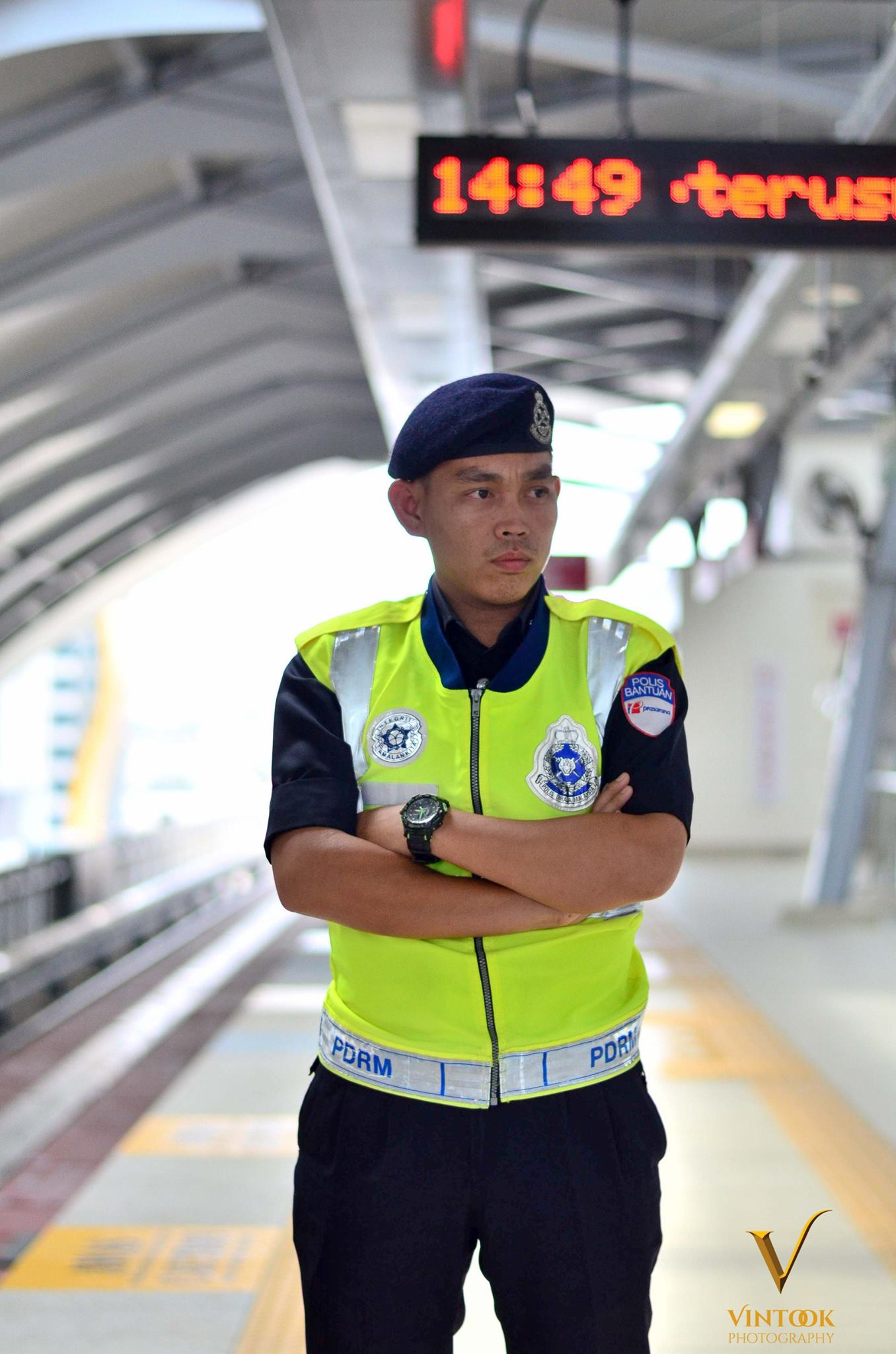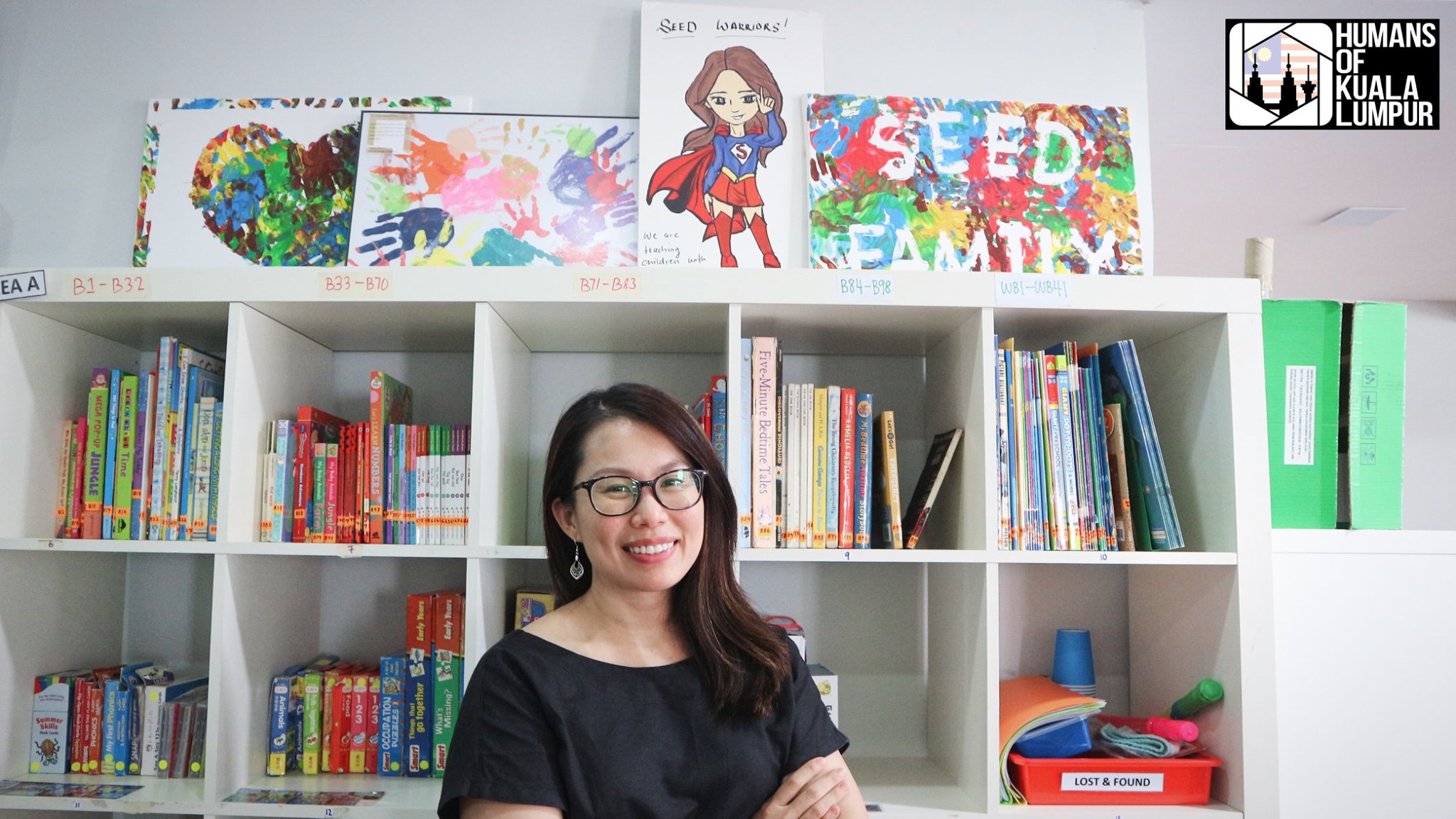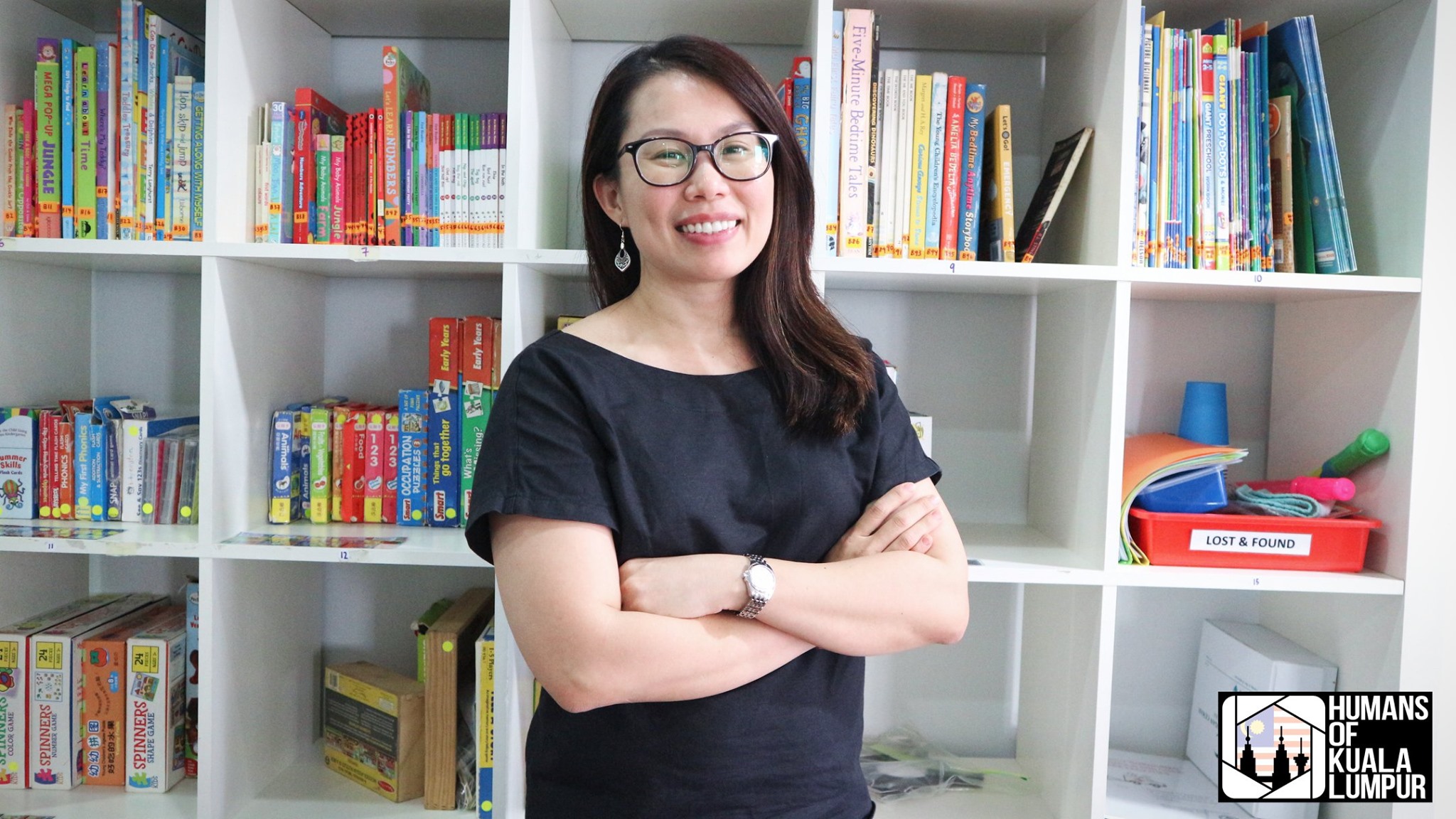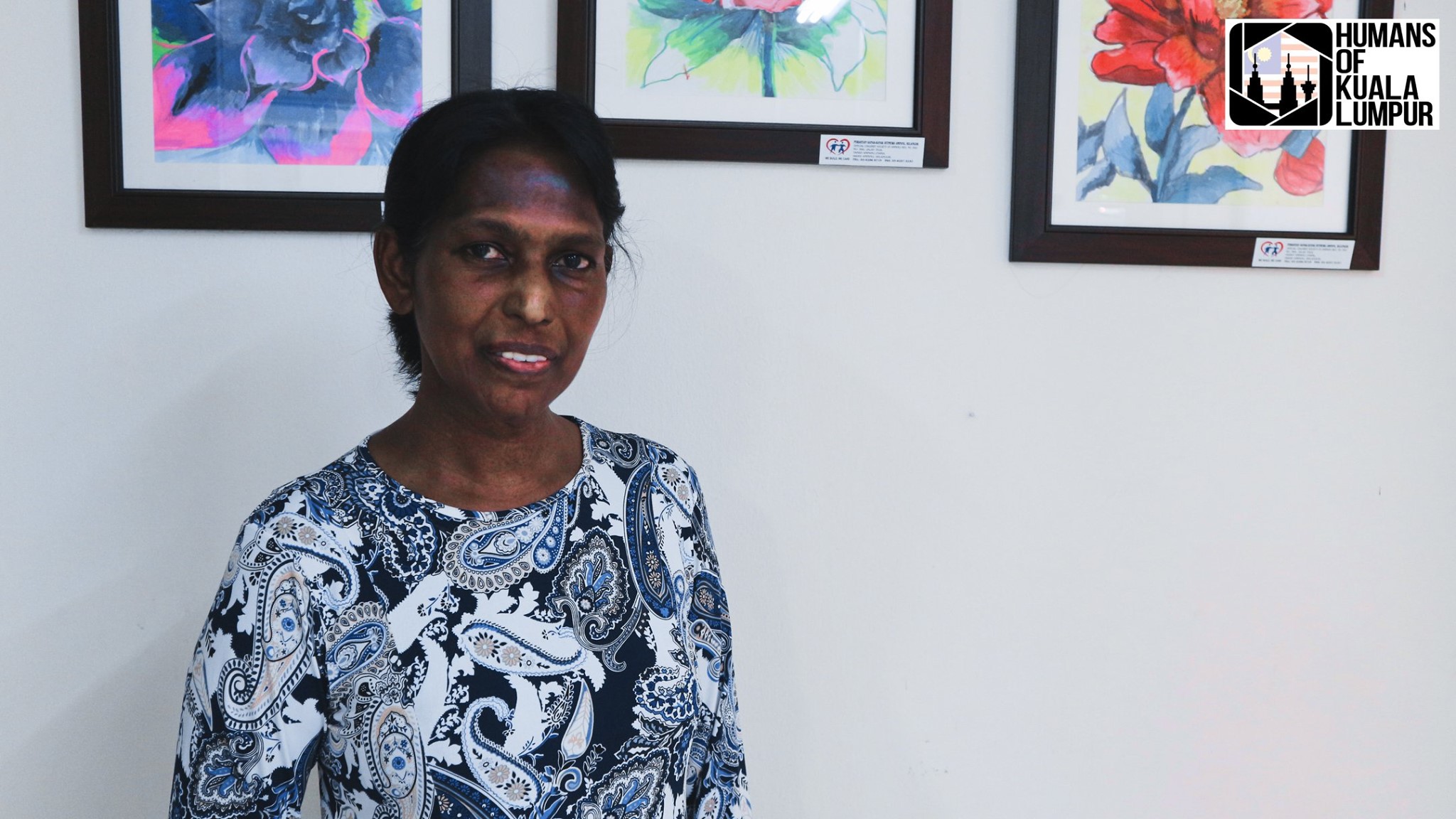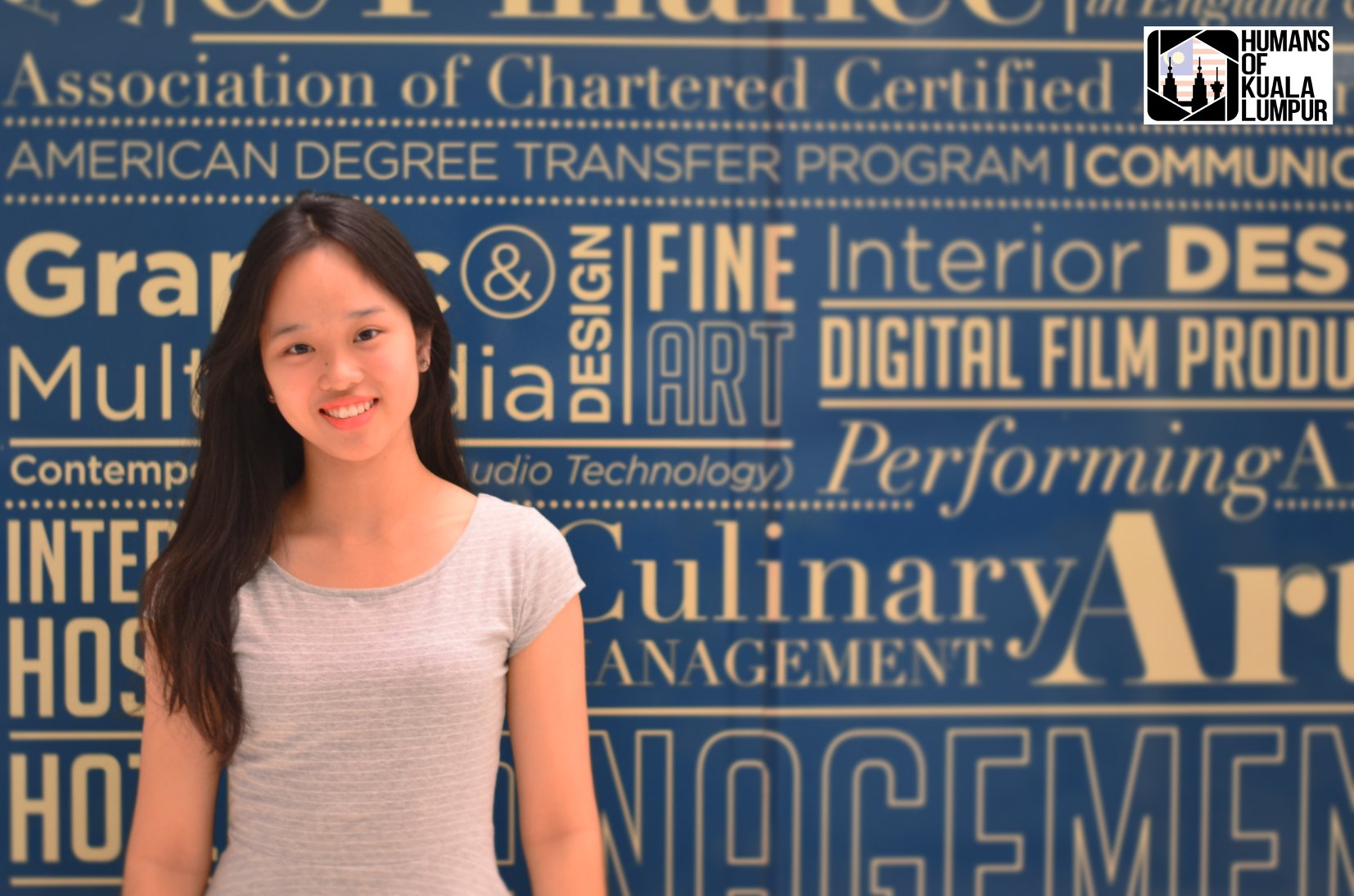“My journey in music started with my mother and my church. My mother taught my first few guitar chords and my church gave me the exposure to try my hand at different instruments and to see how a band functions. In fact, some of my first songs ever written were composed for church camp.
Hello, I am Sam Lopez and I am the lead singer of Lost Spaces, a band I found when I first moved to Kuala Lumpur from Ipoh to pursue my passion for music.
When I first arrived, my thought was, how do I get my band started? Coincidentally, my first band was made of my very own family, including my brother and my cousins.
As time went on, some band members ventured out to try other different things but I continued to stick with my music dream.
Lost Spaces was born after I attended my very first music festival in Singapore.
Seeing bands like 1975 and The Internet perform live transported me to a whole different space and hence the idea and concept behind Lost Spaces came to life.
The experiences that I have had growing up and in the present time, shape a lot of the songs I write today. My music has moved far away from the religious writing that I did as a child, as sometimes religious structures inhibit creativity.
Today our songs are all about people and observations of daily life. They are a commentary of life as we see it from topics like dating, love, friendship, acceptance and a personal struggle to fit in that most millennials go through. Although most of our music is fun and upbeat, lyrically there is always a deeper underlying message.
Our music also resonates with artists like me, who tend to live under the pressure of acceptance. What if people don’t enjoy our music? What if we have not met expectations? Sometimes we also have to deal with negative comments and criticism.
My only defence mechanism at times like these is to tell myself that we are yet to display our full body of work and this is just a part of what we do.
Of course, the journey thus far has not been an easy one. I have gained a lot of knowledge and experience, but at the same time I have lost out on friendships, relationships and financial stability.
Every month, I need to pump about 50-60% of my income to sustain my art. This means strict budgets, cutting down on socialising and thinking about everything that can help me to scale down my spending.
At present, along with being a singer-songwriter for Lost Spaces I also have a 9 to 5 job in marketing with Breaking Music Sdn Bhd, the independent record label that represents Lost Spaces.
This means less time to work on my art, but in the longer run, I’m banking on this strategy to help me create a sustainable outlet for my music.
But there is solace in knowing that things are working out for Lost Spaces. This year we will be performing for the very first time at Good Vibes Festival along with the release of a new album. We also have plans to look for an opportunity overseas and doing a music tour if possible.
All artists like me harbour the hope that one day we will have better infrastructure in Malaysia to take our art forward. Although I believe that a lot of that will come when our economy starts to improve and audiences are ready to pay for art.
From certain conversations, some working young adults today find it difficult to fork up RM20 for a show in the current economic scenario where they are unable to make sufficient savings once they have paid their loans, rent, food and utilities. This sadly is the harsh reality.
At the end of the day, I personally believe it is important, to be honest with your intention of the art you create and base your plans around that and hopefully, things will work out just fine for you.
That being said, I do have plans for myself and Lost Spaces and I’m banking on these to help us take our music forward”.

________________________________________________
Samuel Lopez is the lead singer of the band lost spaces. They will be performing at Urbanscapes which is running from 16 – 24 November! Get your tickets at https://www.urbanscapes.com.my/
And do check out their Spotify at https://open.spotify.com/artist/387YZVajWRq3ZPiCxiX07b?si=ECXqtIw4QE2V0wDn_QxlOA
Photostory by Nafisa Dahodwala and Yap Sue Jiun
Edited by Mushamir Mustafa


